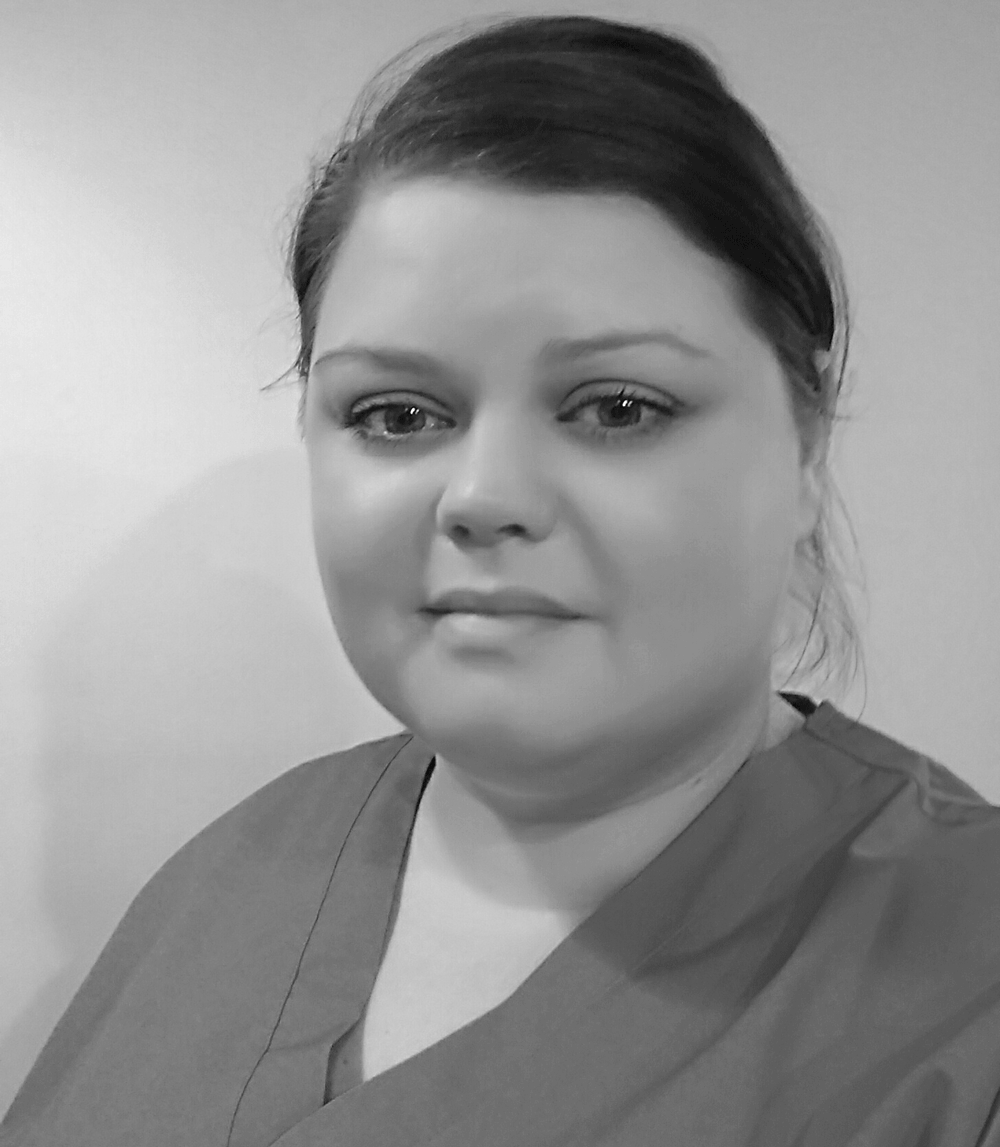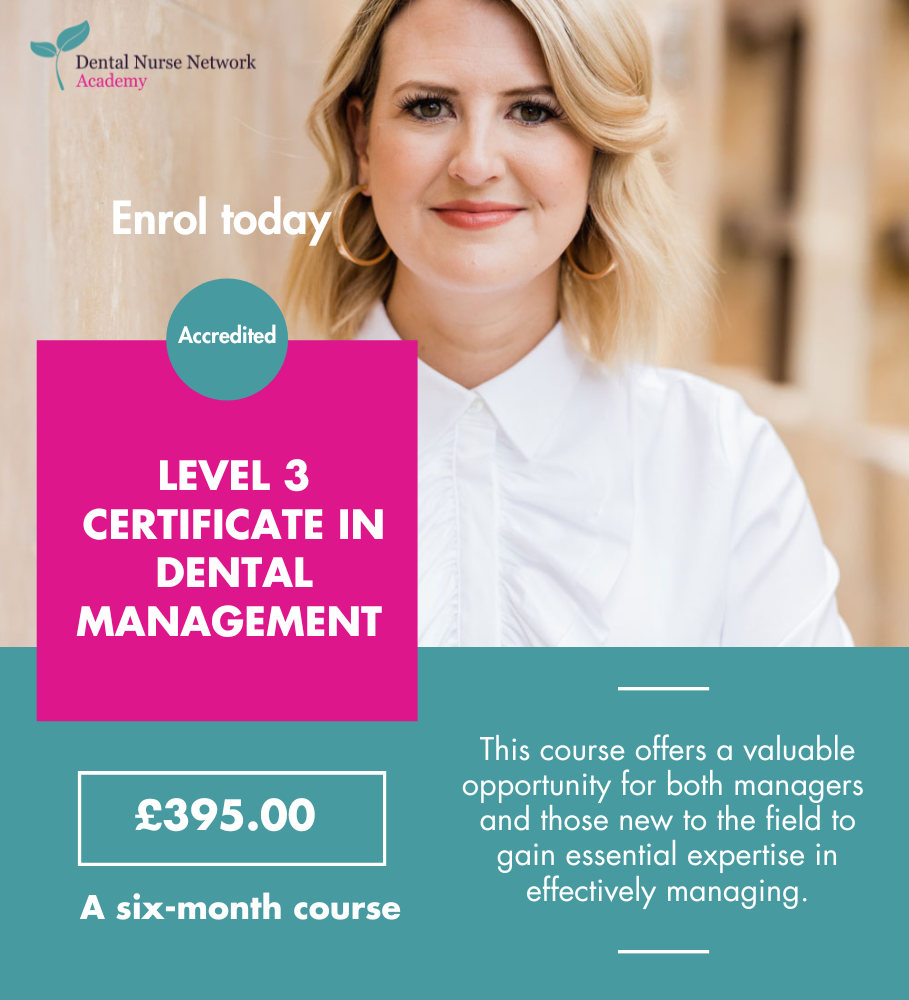 I started my undergraduate degree in Immunology and Toxicology in 2002, not really knowing which direction my career was going to take, but knowing that it was going to be in science. I have my high school Chemistry teacher to thank for that; his love for science was infectious, and he made it seem fun.
I started my undergraduate degree in Immunology and Toxicology in 2002, not really knowing which direction my career was going to take, but knowing that it was going to be in science. I have my high school Chemistry teacher to thank for that; his love for science was infectious, and he made it seem fun.
I felt that making such a massive decision at the age of seventeen was too much responsibility, but that the course seemed interesting and the facilities at Napier University in Edinburgh looked great.
When I graduated with my Bachelor’s degree in 2006, I had numerous nonstarters and failed attempts to find a job in my field. I felt deflated and exhausted with the whole process.
I had seen an advert for a dental nurse position, and it got me thinking that it would be something I would like to do. I wrote off speculatively to many dental practices in the area, and one got back to me with an interview date. I decided that the principal dentist would think it was either extremely cheeky or extremely intuitive, and I was lucky to find one who thought the latter.
I started dental nursing with pretty much zero knowledge about teeth, but a whole lot of knowledge of the science behind many of the ideals, which I think really pushed me on to find out more and ask more questions. I was lucky that the practice was private and had time to dedicate to explaining things to me, showing me amazing techniques such as the use of CAD/CAM technology, and enabling me to observe implant placement and sedation methods.
I passed my NVQ3 qualification after completing the course alongside working. I really felt that this was more conducive to a healthier educational process because it immediately put theory into practice and was more vocationally based than the NEBDN qualification.
Over the course of the next few years, I worked in both NHS and private practices. From each dentist I worked with, I gleaned a little bit of their style of working and their own ideals. I think that working with a variety of practitioners, from those in the early stages of their career to seasoned clinicians, has helped me become a better dental nurse. Everyone works in a different way, and a good dental nurse needs to be able to accommodate this and work in synergy with each person to create a great clinical environment.
In 2014, after becoming more involved with the decontamination process and protocols at the practice I was working at, I decided to undertake an MSc in Infection Prevention and Control on a distance-learning basis. I enjoyed learning more about decontamination and infection control and was even able to apply it to the workplace by streamlining a few of our practice processes. I felt that the course was a good mix of everything I had learned in dentistry together with my science background.
The MSc course really piqued my interest again in science, and I began to think about the possibility of combining all my experience to date and forging a career in science. I moved to a new house in another part of the country and thought: It’s now or never; if I’m going to move into science, now is the time.
Again, I started to send out speculative emails. It had worked before, so why not again? I wrote to a local microbiological testing lab and heard back the following week about an interview. I got the job, and over the course of the next eighteen months, I was trained intensively in a wide range of microbiological techniques and basic lab skills. This was invaluable for what was to come.
I found an advertisement on a job website for a research technician studying oral biofilms. I was so excited about the prospect of being able to combine dentistry with not only immunology but with my new-found skills in microbiology too! I applied, and lo and behold, I got an interview. The interview went well in my opinion, but when I heard back that I hadn’t got the job, all those feelings of despair from years ago crept back in.
A few days after the interview, I received an email from the professor who interviewed me. It said that I was appointable to the position, but that they had offered the job to someone with more relevant experience. I couldn’t argue with that. However, the research group had a fully funded PhD position coming up that was in the interface between clinical and laboratory work; would I be interested in coming for a chat about that? I was absolutely overwhelmed and excited. These opportunities don’t come up every day and definitely don’t just land in your lap like that, so I had to see where it would go. After two meetings and a presentation, I was offered the PhD studentship to research periodontal disease and systemic inflammation.
Even though I was daunted and nervous about starting, once I arrived for my first day, I was put at ease by the other students and my supervisor, and I am really excited about what the future holds. Everything that I’ve done to date has led me to this situation, and I am a big advocate of the view that what is meant to be will be.
Written by Laura Cameron MSc, RDN.



